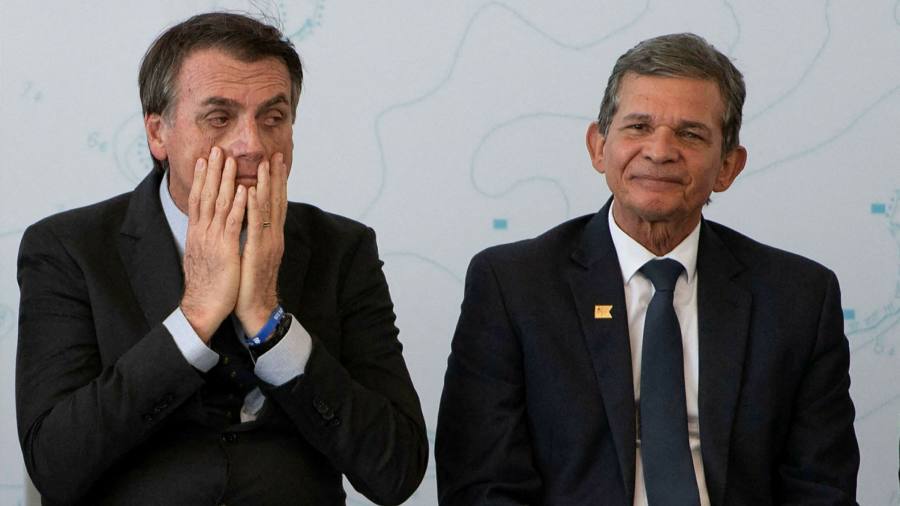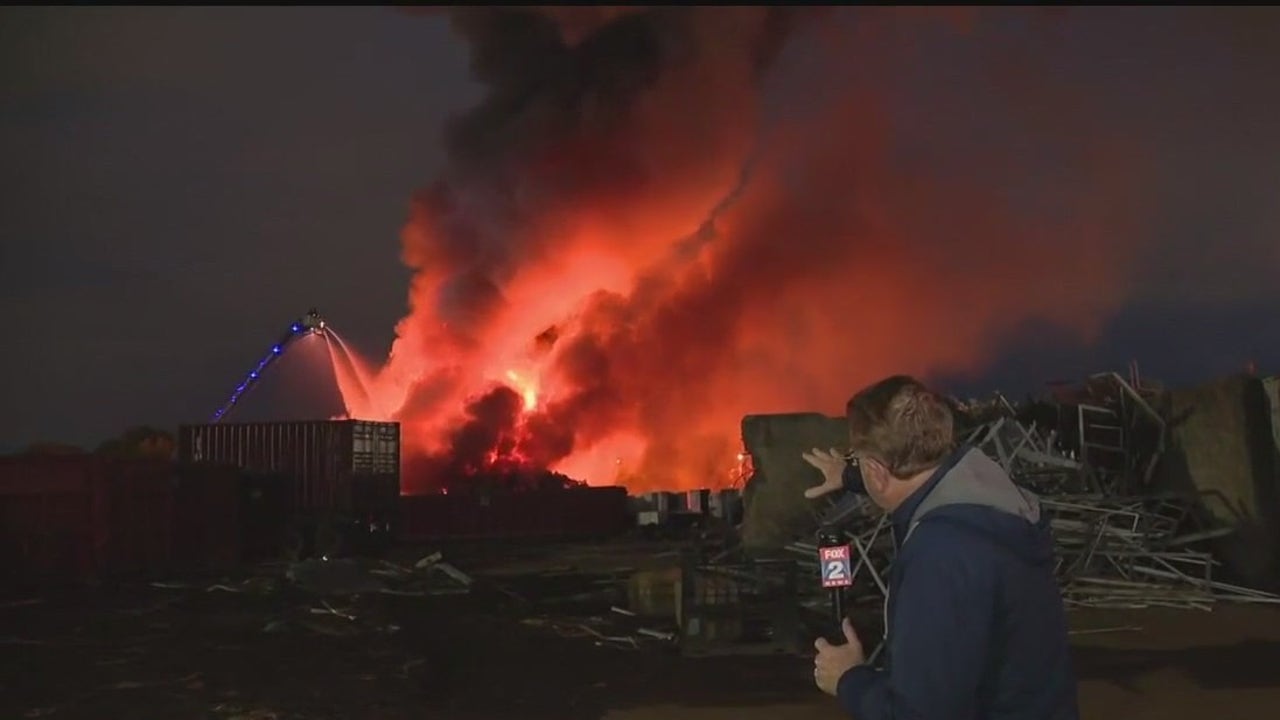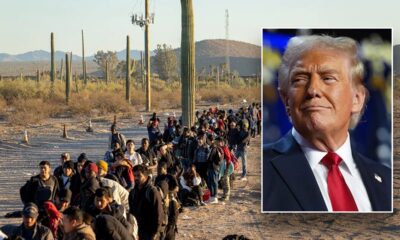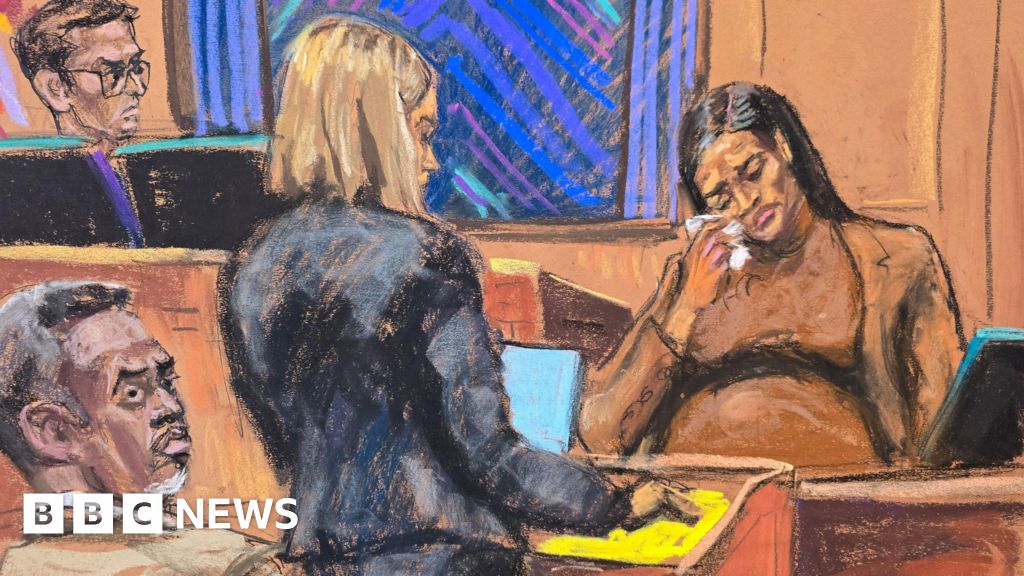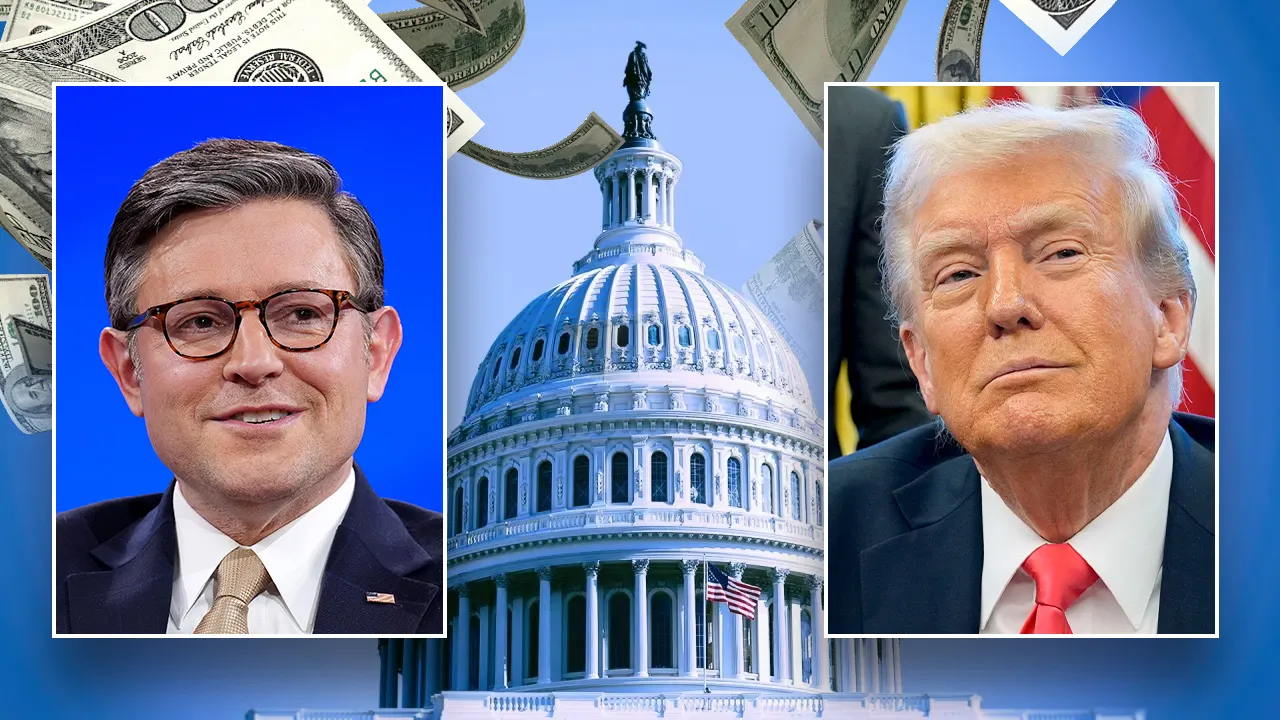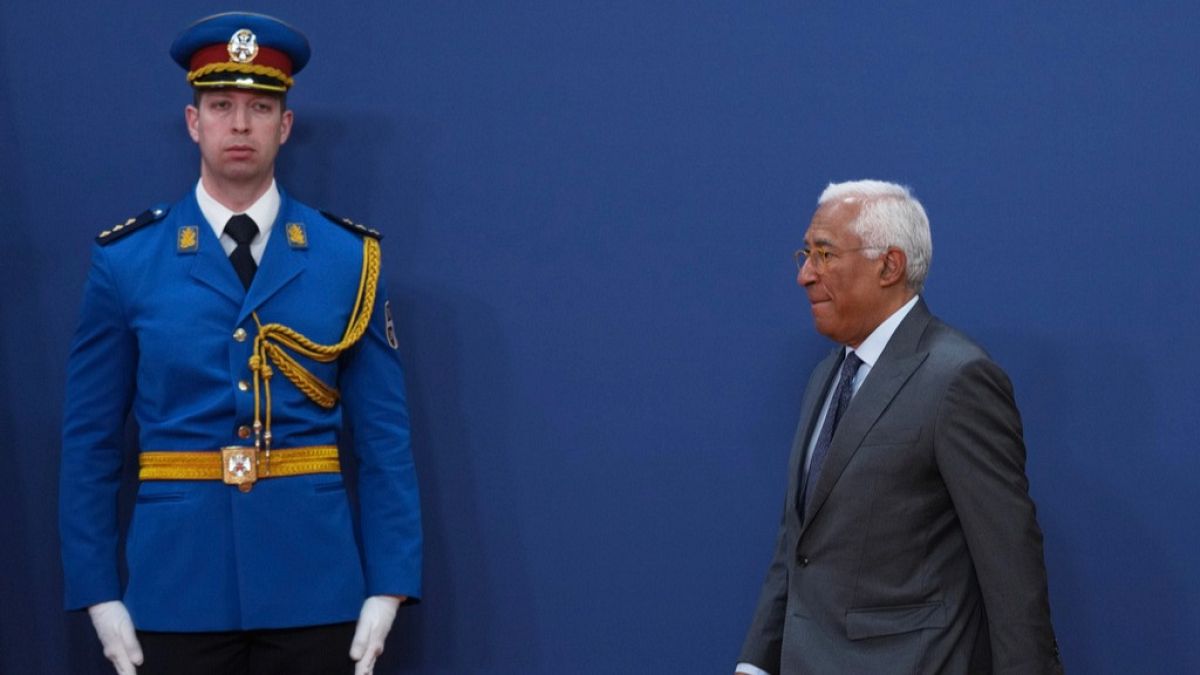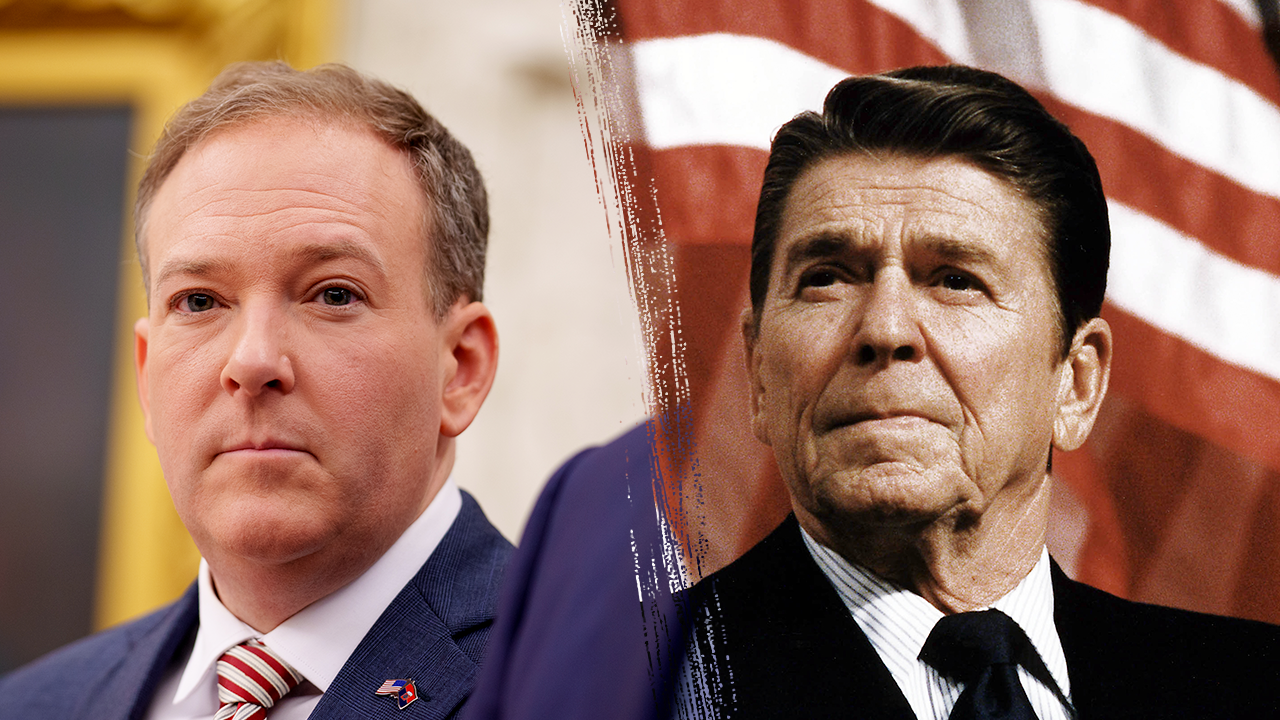Donald Trump hailed the US’s relationship with Saudi Arabia on Tuesday, just hours after the White House unveiled what it said was $600bn worth of defence, artificial intelligence and other deals with the kingdom.
The US president lauded the kingdom and its de facto leader, Crown Prince Mohammed bin Salman, as he began the first leg of his dealmaking, three-nation tour of the oil-rich Gulf.
“He’s an incredible man, I’ve known him a long time now. There’s nobody like him,” Trump said to a packed auditorium in Riyadh. Among the guests were Elon Musk, the world’s richest man, private equity baron Stephen Schwarzman, Nvidia boss Jensen Huang and dozens of other US executives.
The US-Saudi relationship had been a “bedrock” of security and prosperity, Trump said. He added: “Today, we reaffirm the bond and take the next steps to make our relationship closer, stronger, more powerful than ever before . . . And it will remain that way.”
In a press release before Trump’s speech, the White House had hailed “Saudi Arabia’s $600bn commitment to invest in the US” and “economic ties that will endure for generations to come”.
Prince Mohammed said the two countries would work over the coming months to increase the total to $1tn.
“We are working on partnership opportunities with the US worth $600bn, including agreements of more than $300bn announced today during this forum,” the crown prince said.
The deals unveiled by the White House included a commitment by Saudi Arabia’s new state-owned AI company, Humain, to build AI infrastructure in the kingdom using several “hundred thousands” of Nvidia’s most advanced chips over the next five years.
That would make it one of the biggest AI chip orders by a state company, underlining the scale of Prince Mohammed’s ambitions to position Saudi Arabia as a global AI hub and boosting Nvidia’s desire to build “sovereign AI” infrastructure around the world.
The first phase of Humain’s investment would involve deploying 18,000 of Nvidia’s latest “Blackwell” servers, the chipmaker said. Based on the price of a single Nvidia graphics processing unit, estimated at $30,000-$40,000, the Saudi investment would run into multiple billions of dollars.
AMD, one of Nvidia’s main competitors in the AI chip market, is also co-investing up to $10bn with Humain to deploy its own infrastructure in the country. Amazon made a similar $5bn commitment covering data centre infrastructure.
Nvidia shares rose 5.6 per cent on Tuesday, while AMD’s gained 4 per cent. Amazon was 1.3 per cent higher.
Jimmy Goodrich, senior adviser for technology analysis to the Rand Corporation think-tank, said the “massive scale” of the Middle East AI announcements would “undoubtedly eat into future US data centre growth”.
“Instead of offshoring the future economic revolution to the Middle East, a better approach would be to channel Gulf state money into American re-industrialisation and energy dominance,” Goodrich said.
The White House also cited on Tuesday what it said was a “nearly $142bn” agreement to provide Riyadh “with state-of-the-art warfighting equipment and services from over a dozen US defence firms”.
It added this would include air force and space capabilities, missile defence, maritime and border security, land forces modernisation and upgrades to communication systems.
The US also referred to plans by Saudi Arabian DataVolt to invest $20bn in AI data centres and energy infrastructure in the US.
Trump is looking to secure deals and investment pledges worth more than $1tn on his trip to the Gulf, which will also include stops in Qatar and the United Arab Emirates.
The traditional US allies are among the biggest buyers of American weapons, boast sovereign wealth funds that collectively manage in excess of $3tn and have all stated their ambitions to invest heavily in AI.
Many of the US’s most powerful tech executives were also in Riyadh, including Musk, Huang and OpenAI’s Sam Altman as Saudi Arabia hosted a glitzy investment forum. Top financiers including Blackstone’s Schwarzman, BlackRock’s Larry Fink and Citigroup’s Jane Fraser also attended.
US tech companies have been increasingly looking to the Gulf, which manages some of the world’s largest and most active sovereign wealth funds, to raise capital and lure investments.
The Trump administration last week scrapped a Biden-era rule under which Saudi Arabia, along with dozens of other countries including India and Singapore, would have faced limitations on their purchases of the most powerful US-designed AI chips.
Riyadh launched Humain, which will be chaired by Prince Mohammed and owned by the Public Investment Fund, the $940bn sovereign wealth fund, to steer its strategy and investments in the sector on Monday, the day before Trump arrived.
Just days after Trump’s inauguration in January, Prince Mohammed committed Saudi Arabia to investing $600bn in the US over the next four years — the same amount that was announced on Tuesday.
The UAE followed up with a similar gesture in March, pledging to invest $1.4tn over the next 10 years. It is also seeking to establish itself as a leading AI hub and has taken a strategic decision to invest in US tech.
Analysts question how the Gulf states will be able to deploy such a vast scale of capital in the timeframes announced, particularly Saudi Arabia as it grapples with lower oil prices, a widening budget deficit and the scale of its own domestic projects.
Additional reporting by Michael Acton in San Francisco

